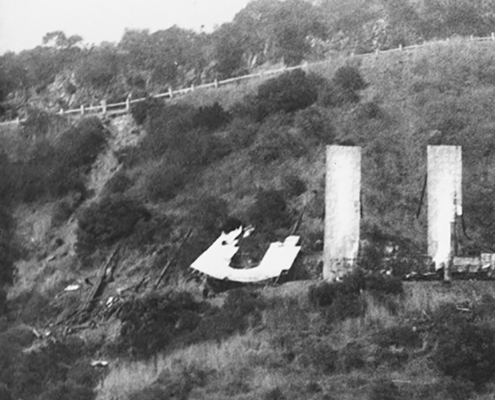
UCLA Professors Contribute to LA Mayor’s Office Civic Memory Working Group Report
In November 2019, LA Mayor Eric Garcetti's Office Civic Memory…

LA Social Science Book Series on the Bronze Age and Identity with Professor Aaron Burke
In his new book The Amorites and the Bronze Age Near East:…

LA Social Science 2021 Summer Course Previews: Department of Economics Summer Courses & Pre-Collegiate Summer Institutes
As summer 2021 approaches, LA Social Science will be highlighting…
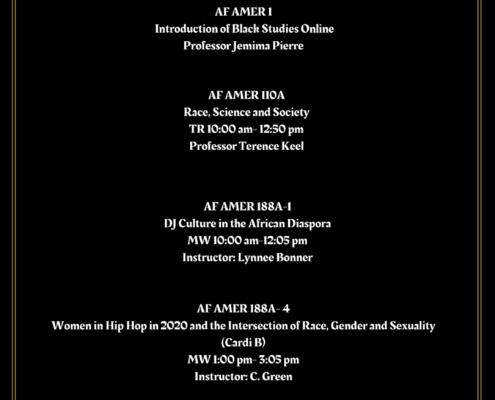
LA Social Science 2021 Summer Course Previews: African American Studies Summer Courses
As summer 2021 approaches, LA Social Science will be highlighting…
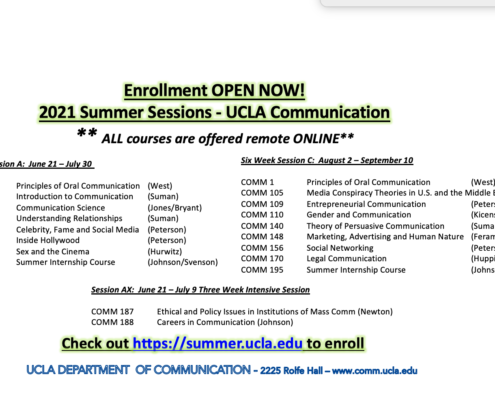
LA Social Science 2021 Summer Course Previews: Department of Communication Summer Courses
As summer 2021 approaches, LA Social Science will be highlighting…
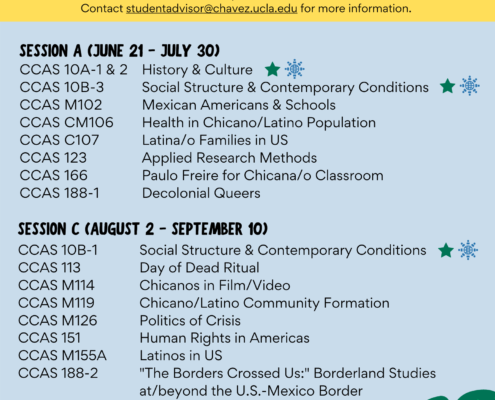
LA Social Science 2021 Summer Course Previews: Chicana/o and Central American Studies Summer Courses
As summer 2021 approaches, LA Social Science will be highlighting…
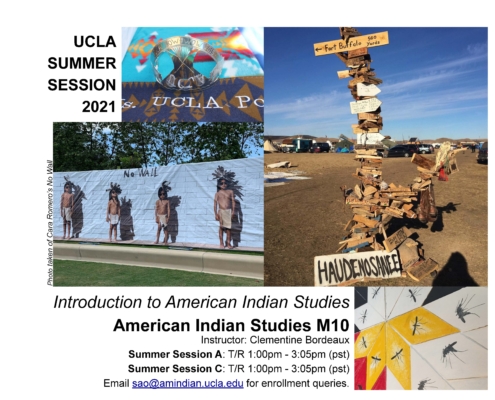
LA Social Science 2021 Summer Course Previews: Introduction to American Indian Studies with Professor Bordeaux
As summer 2021 approaches, LA Social Science will be highlighting…
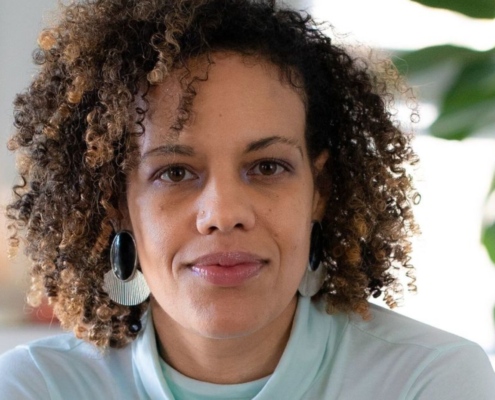
UCLA Professor Eric Avila Discusses Infrastructure and Racial Equity with The New York Times and NPR
Dr. Eric Avila, UCLA Professor of History, Chicana/o and Central…
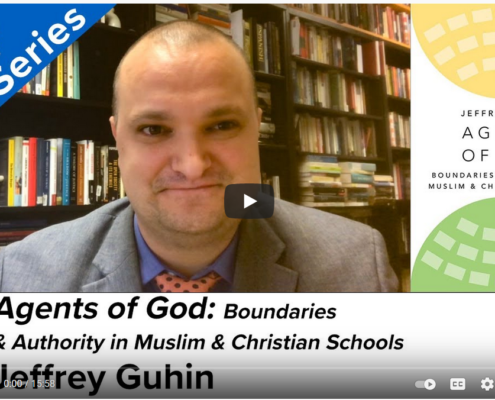
LA Social Science Book Series on Boundaries and Authority in Muslim and Christian Schools with Professor Jeffrey Guhin
In Dr. Jeffrey Guhin's book, Agents of God: Boundaries and…

Professor Shana Redmond Elected American Studies Association President
Dr. Shana L. Redmond, UCLA professor in the departments of African…

